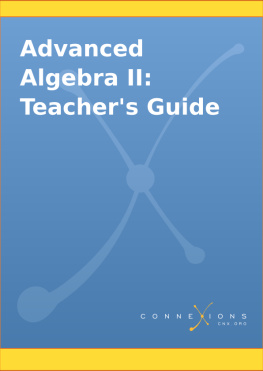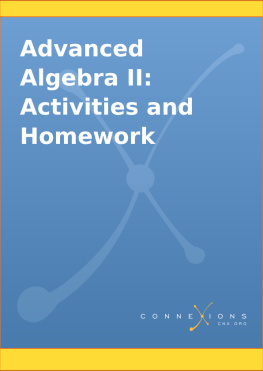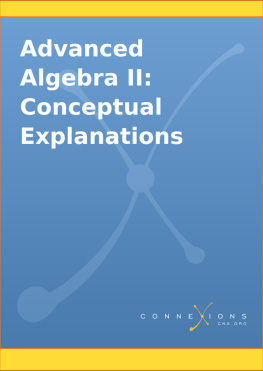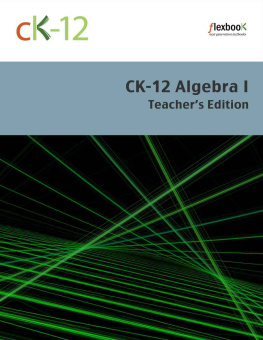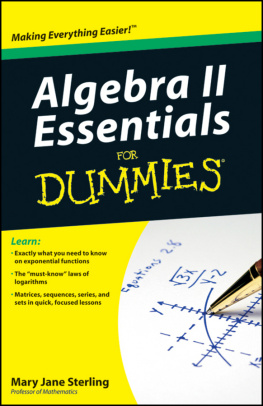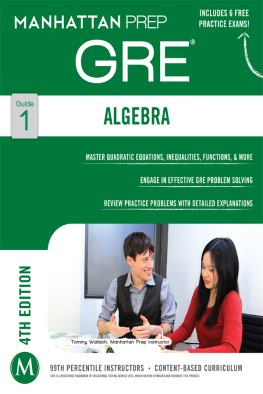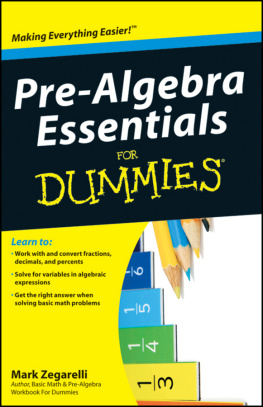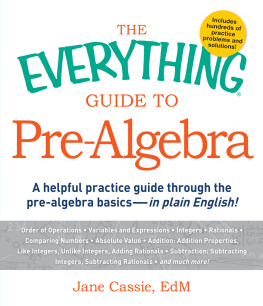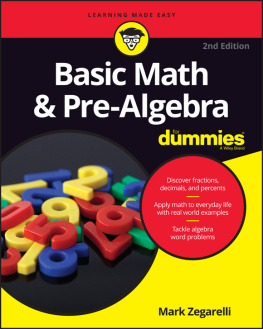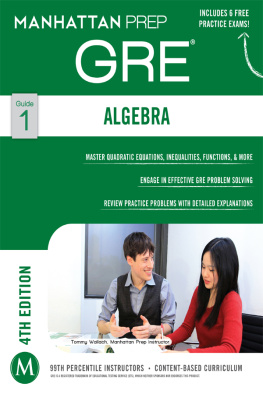Advanced Algebra II: Teacher's Guide
By: Kenny Felder
Online:
This selection and arrangement of content as a collection is copyrighted by Kenny Felder .
It is licensed under the Creative Commons Attribution License: http://creativecommons.org/licenses/by/2.0/
Collection structure revised: 2009/08/13
For copyright and attribution information for the modules contained in this collection, see the "" section at the end of the collection.
The Long Rambling Philosophical Introduction
What youre holding in your hand is much closer to a set of detailed lesson plans than to a traditional textbook. As you read through it, your first reaction may be Who does he think he is, telling me exactly what to say and when to say it?
Please dont take it that way. Take it this way instead.
Over a period of time, I have developed a set of in-class assignments, homeworks, and lesson plans, that work for me and for other people who have tried them. If I give you the in-class assignments and the homeworks, but not the lesson plans, you only have of the story; and it may not make sense without the other third. So instead, I am giving you everything: the in-class assignments and the homeworks (gathered together in the student book), the detailed explanations of all the concepts (the other student book), and the lesson plans (this document). Once you read them over, you will know exactly what I have done.
What do you do then? You may choose to follow my plan exactly, for a number of reasonsbecause it worked for me, or because it looks like a good plan to you, or just because you have enough other things to do without planning a lesson that Ive already planned. On the other hand, you may choose to do something quite different, that incorporates my ideas in some form that I never imagined. This book is not a proscription , in other words, but a resource .
OK, with that out of the waysuppose you decide that you do want to follow my plan, exactly or pretty closely. Heres what you do.
Right now, you read this whole introductiondespite the title, it really does contain useful information about these materials.
Before beginning each new unit, you read my conceptual explanation of that unit, so you know what Im trying to achieve.
Each day before class, you carefully read over my lesson plan (in this document), and the in-class assignment and homework (in the student book), so you know what Im doing and why Im doing it.
1. A Typical Day in Mr. Felders Class (and why you care)
At the risk of repeating myself, let me emphasizeIm not trying to insult you by suggesting that my way is the only right way to run a class. But it will help you understand these materials if you understand how I use them.
I begin each day by taking questions on last nights homework. I answer any and all questions. This may take five minutes, or it may take the entire class period: I dont stop until everyone is perfectly comfortable with last nights homework.
Why is that so important? Because, very often, the homework introduces new concepts that the students have never seen in class before . For instance, very early in the first unit, I introduce the idea of permuting graphs: for instance, if you add 3 to any function, the graph moves up by three units. This concept never comes up in class, in any formit is developed entirely on a homework. So its vitally important to debrief them the next day and make sure that they got, not only the right answers, but the point.
After the homework is covered, I begin a new topic. This is almost (almost!) never done in a long lecture. Sometimes it happens in a class discussion; sometimes it happens in a TAPPS exercise (more on that when we do our first one); most often, it happens in an in-class assignment . These assignments should almost always be done in pairs or groups of three, very rarely individually. They generally require pretty high-level thinking. On a good day I can hear three or four heated arguments going on in different groups. Most of my class time is spent moving between different groups and helping them when they are stuck. In general, there is some particular point I want them to get from the exercise, and they will need that point to do the homeworkso a lot of my job in class is to make sure that, before they leave, they got the point.
2. Timing
If you read through this entire document (which I do not recommend at one sitting), you get the illusion that I have everything planned down to the day. If I say do this assignment in class, then do this homework, they had better get that done in one day, or they will fall irretrievably behind.
Well, suppose you add it all up that way. Every 1-day assignment (with homework) counts as one day, and what the heck, lets allocate two days for every test (one day for preparation, using the Sample Testand one day for the actual test). If you add it up that way, you will get a total of 91 days, or thereabouts. There are 180 days in the school year.

